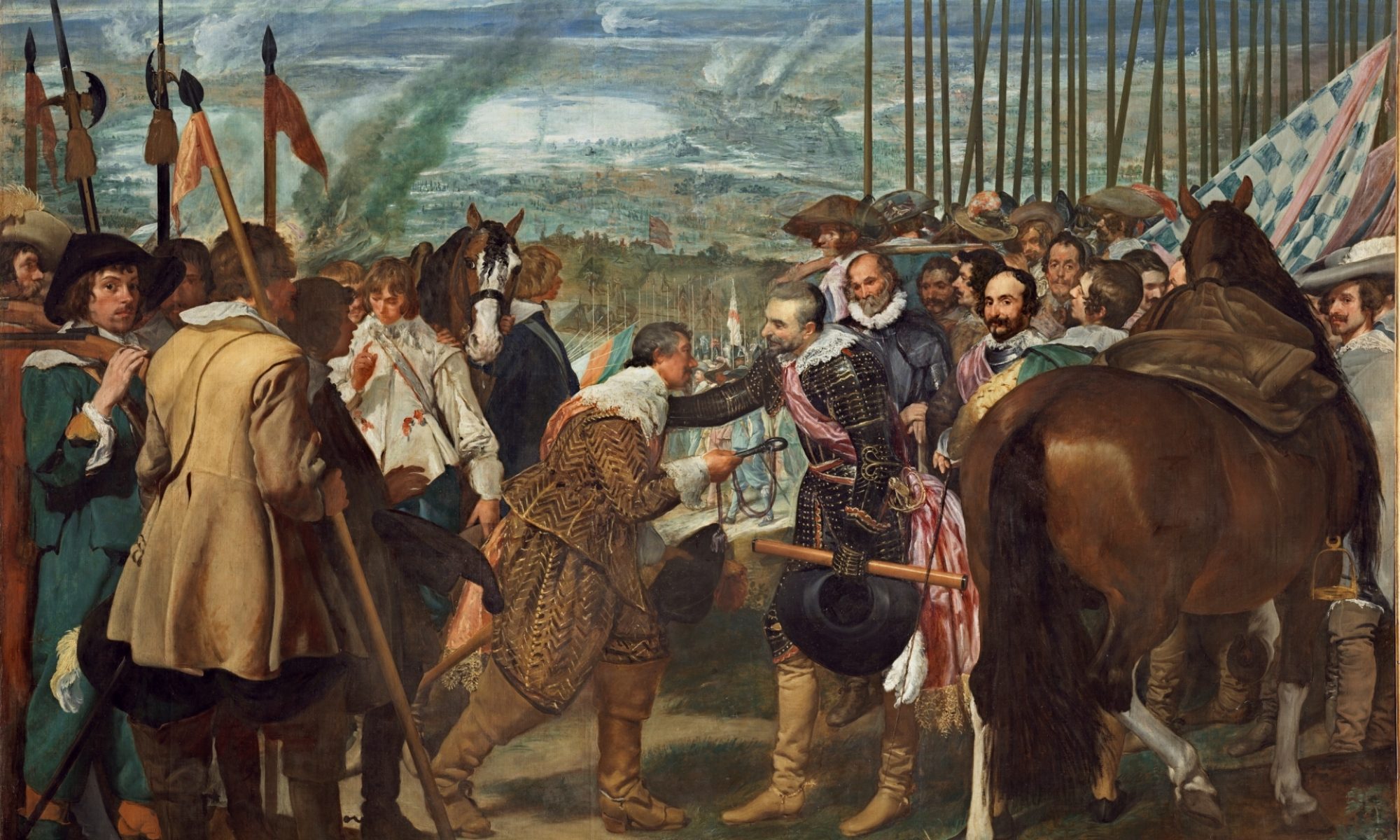 Dues Vult
Dues Vult
A concise history of the Crusades.
By Jem Duducu
Paperback: 224 pages
Publisher: Amberley Publishing (6 Nov. 2014)
Language: English
ISBN-10: 1445640554
ISBN-13: 978-1445640556
http://www.amazon.co.uk/Deus-Vult-Concise-History-Crusades/dp/1445640554
A concise history of the Crusades is as an ambitious a venture as the 1st Crusade itself. Doing it in 223 pages is shooting for the moon. Nevertheless the author is undaunted and daintily skips over the first 1,000 years of history from the birth of Christ to Pope Urban’s preaching campaign in 1095 with barely a pause and goes on dealing with roughly one Crusade per chapter.
The production of the book I received is respectable, of the type one would often find in a tourist shop, the type that feels made to take punishment and is light and able to be slipped into a coat pocket. The my edition shows a sombre looking 15th Century Knight adorning a typically dark medieval cover, holding a giant two handed broadsword. A red “Deus Vult” is emblazoned above him in front of a stormy sky. However the Amazon page, as you can see, shows a different image, which I rather like.
There is one simple map of Europe and Palestine in the front but otherwise it is unadorned by either the usual reproductions of illuminated texts, or travellers photographs of mosques, churches and castles that usually spring from the centre pages of crusader histories. A drawback is the fact that the book has no end guides. Notes, Bibliography and Index are not present here, and while I’m certainly not bothered about the lack of notes explaining more controversial opinions in any book, or indeed lists of sources, I am aware that others feel lost with an unfamiliar author unless the above is included and personally I do think reference books should have index sections.
The book sets out to answer questions, redress misconceptions and to thread together a cohesive story of a large subject in a very short space of time. It begins by pointing briefly to Constantine as the real start to it all, and the spread of Christianity through his successors before going on to the the rise of Islam and the natural challenge this brought about to the old Roman Empire and following the trail straight into the First Crusade. It’s interesting that the story begins so early, and it often gives food for thought, for instance, there were campaigns that looked like allot like crusades prior to the Latin capture of Jerusalem before Crusading ever began. In general I was pleased to see that the focus was on the “True” Crusades in the Middle East and does not indulge in going into the expansion of the Ottoman Turkish empire and the wars which I consider to be a separate issue. Ending at the Siege of Acre and the fall of the Crusader States, with a sort of symbolic post script/epilogue on the downfall of the Templar Knights; the style is fast paced and snappy which is paramount for a concise narrative, full of little euphemisms and imageries, and not a little banter allowed by the light of hindsight.
The story continues through the high points and little known areas alike, with a wit and a reason. On the whole there is a discernible flavour, and is nothing if not confident in its assertions. I feel sure many Crusade enthusiasts will enjoy this fast and light read, that gallops through this complex subject with the nimbleness of a Saracen horse archer, an achievement the author should be proud of.
Josh.


You must be logged in to post a comment.